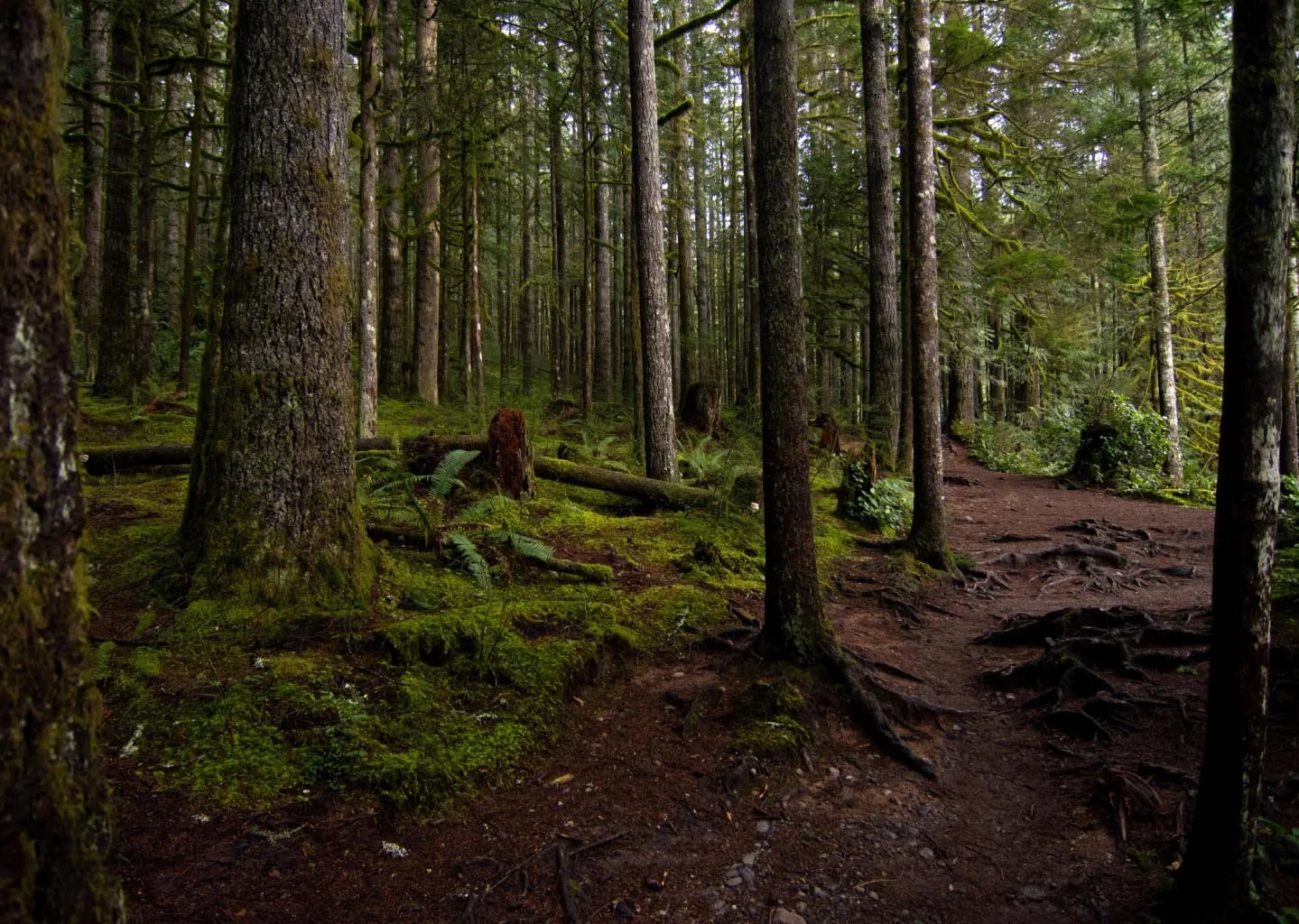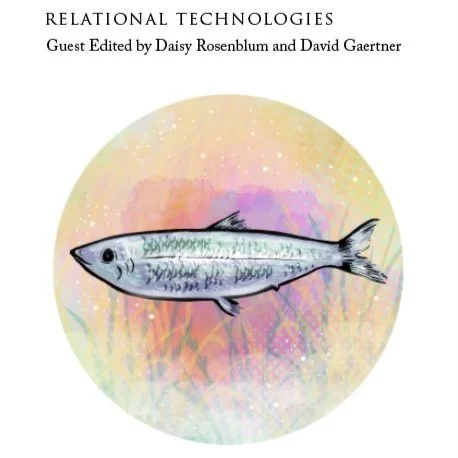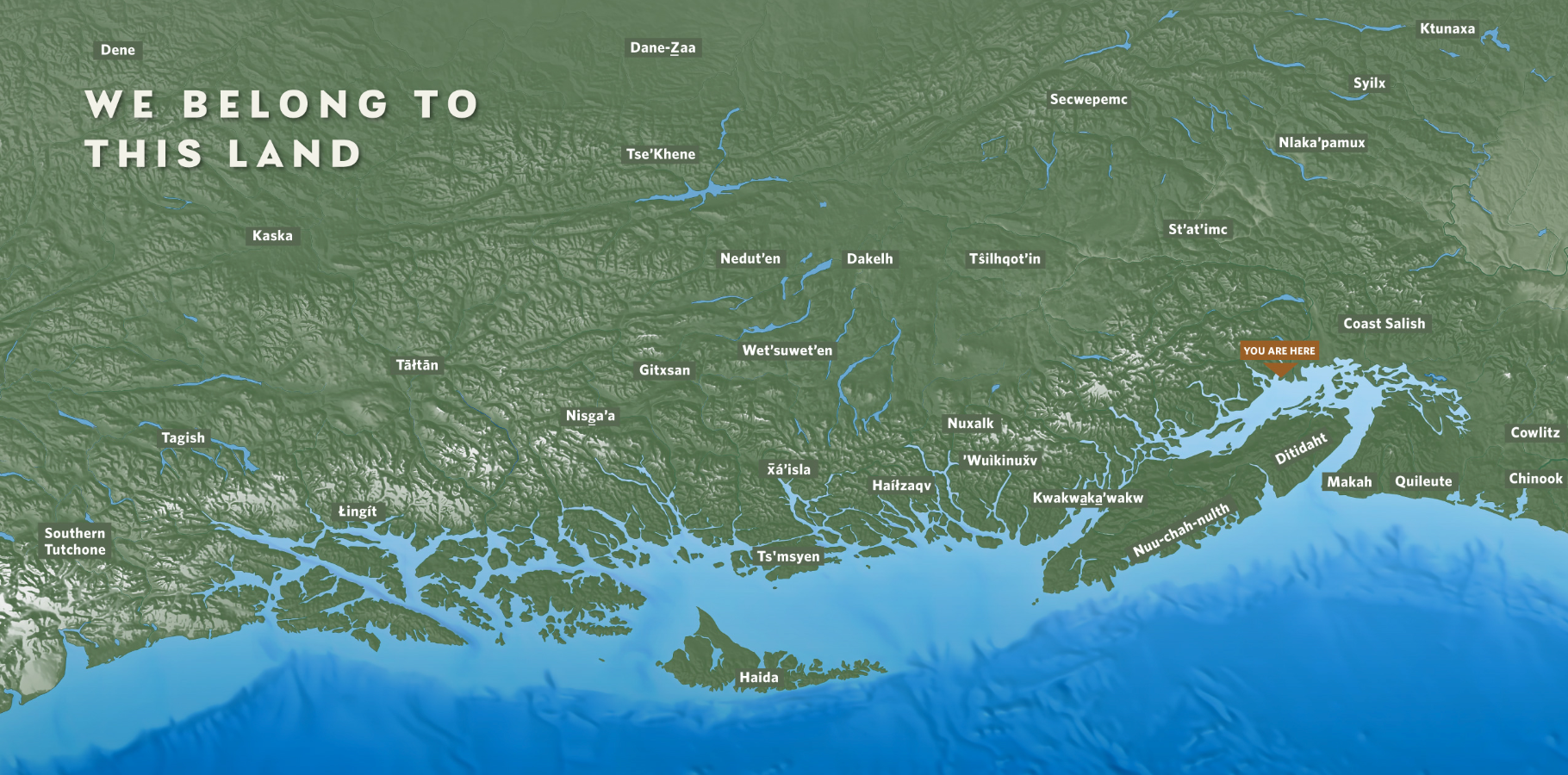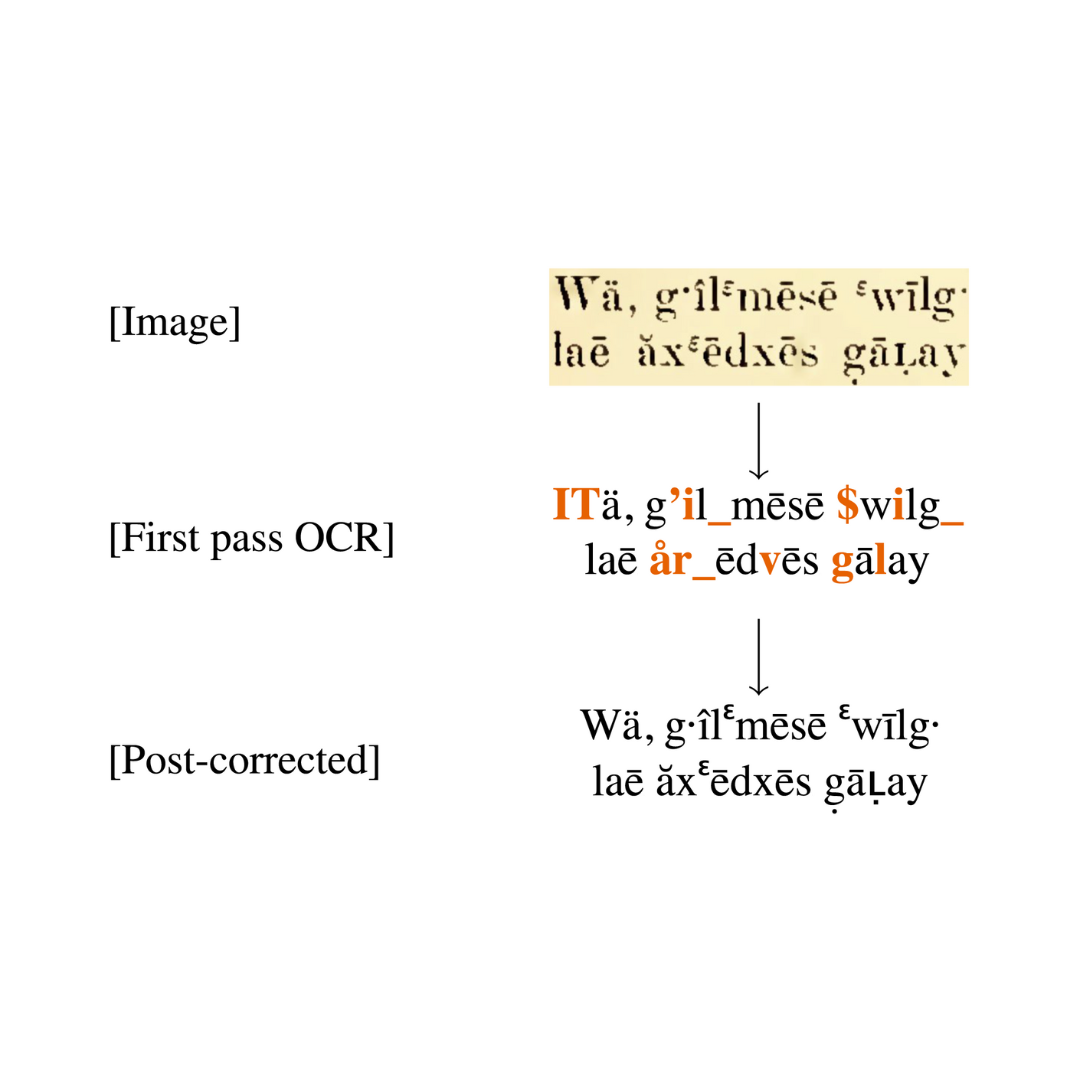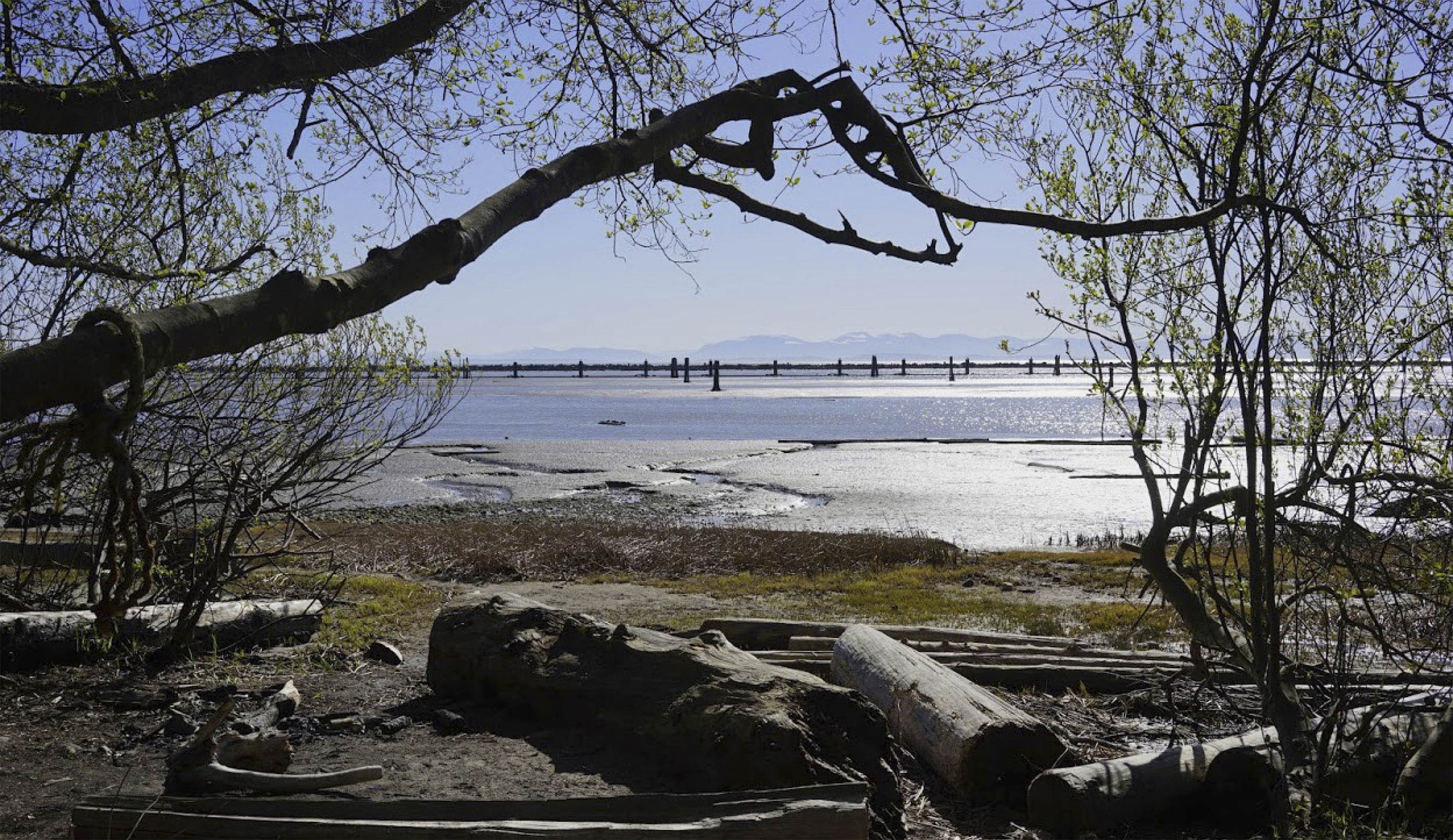
naw̓ ʔeləy̓ məlsteyəxʷ. ʔi čxʷ wəɬ tecəl ʔi ʔə tə n̓a CEDaR website wə niʔ ʔə ƛ̓ UBC kʷ s ʔam̓ət təšxʷʔam̓əts tə xʷməθkʷəy̓əm məsteyəxʷ. hay ce:p q̓ə k̓ʷəθ ʔəm̓i kʷətxʷiləm ʔiʔ təwtaʔəlt tə sya:ys ct.
Hello good people. You have arrived at the CEDaR website of UBC which is situated on the homelands of the Musqueam people. Thank you for coming and learning a little about our work.
Projects

CEDaR space is a collaborative lab-studio at UBC Vancouver dedicated to the research and development of relational technologies in support of cultural sovereignty. We facilitate community-led innovation grounded in local contexts, politics, and protocols.
We are grateful to the hən̓q̓əmin̓əm̓-speaking Musqueam people for their long-standing commitment to creating spaces of learning in their traditional, ancestral, and unceded territory, and for welcoming us to work with them in their homelands.
our partners
